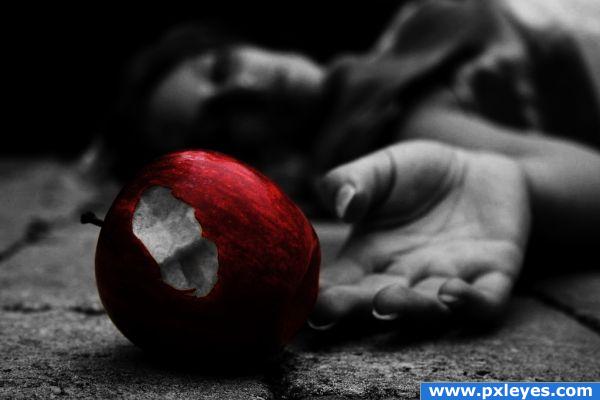I was fortunate to collaborate with my colleagues: Hannah, Taylor, Serena, Bailey, Meghan and Annette on this project...
2 Examples of Direct and Indirect Characterization in the Novel:
DIRECT CHARACTERIZATION:
- "A fearful man, all in coarse grey, with a great iron on his leg..." This excerpt directly characterized the convict, Magwitch, at the beginning of the novel, describing him to be brutish and scary.
- "...Uncle Pumblechook: a large hard-breathing middle-aged slow man, with a mouth like a fish, dull staring eyes, and sandy hair standing upright on his head..."
INDIRECT CHARACTERIZATION:
- "...'who am I, for God's sake, that I should be kind?'" In this example, Miss Havisham abruptly lashes out at Pip after he discovers his true benefactor. These blunt eruptions from Miss Havisham indirectly characterize her emotional instability.
- "You fail, or you go from my words in any patrickler, and your heart and your liver shall be tore out, roasted and ate." Magwitch's dialogue near the beginning of the novel indirectly characterizes him to be cruel and brutish.
Is the Protagonist Flat or Round? Explain:
- Dickens built each and every one of his characters to be very round and unique in their own, special way. Pip is no exception to this. Pip has a very complex mindset, and as he develops from childhood into maturity, one notices the ways in which his attitude changes as well. He is a character who truly shapes to his surroundings, as he was a poor, humble boy when he lived with Joe, and he later became a class snob once he received his fortune. But once he discovered the many truths, he remembers his roots and develops his maturity in both love and in life.



